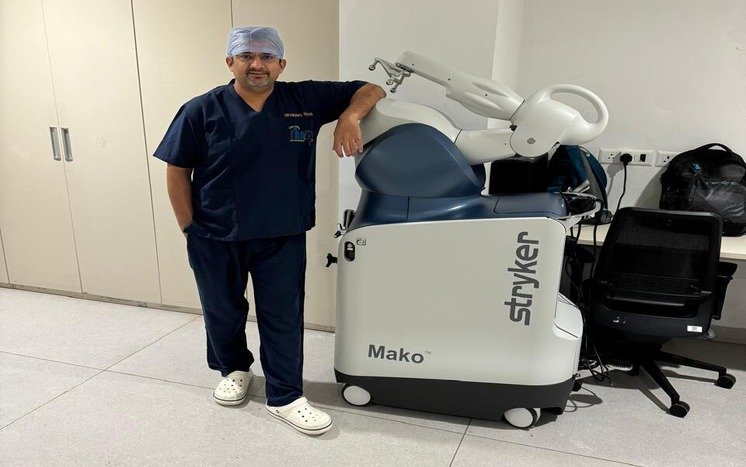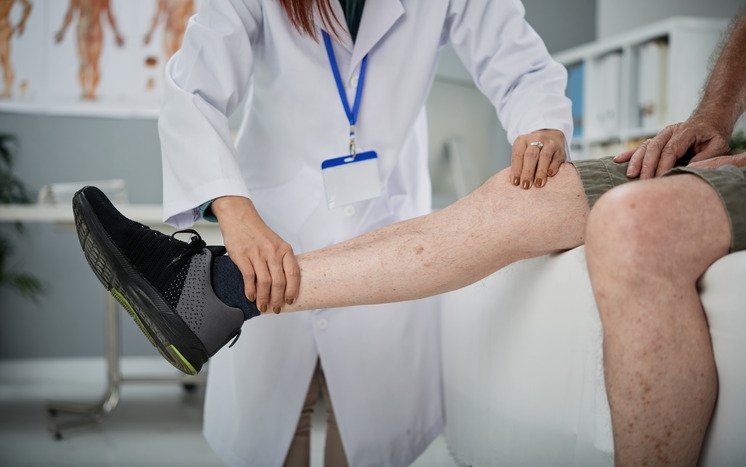
10:00am to 04:00pm (Mon to Sat) - Amrita Hospital, Faridabad
06:00pm to 08:00pm (Mon to Sat) - Arthrocare Clinic, Noida
10:00am to 04:00pm (Mon to Sat) - Amrita Hospital, Faridabad
06:00pm to 08:00pm (Mon to Sat) - Arthrocare Clinic, Noida
 July 6, 2024
July 6, 2024
Joint replacement surgery is a significant medical intervention that often becomes essential to restore mobility and alleviate pain when other treatments fail. Understanding the signs and symptoms indicating the need for joint replacement can help patients make informed decisions about their health.
Joint replacement involves removing damaged or diseased parts of a joint and replacing them with artificial components called prosthetics. Commonly replaced joints include the knee, hip, shoulder, and ankle. This surgery aims to relieve pain, improve joint function, and enhance the quality of life.
Several conditions and factors can lead to the need for joint replacement:
Identifying the signs and symptoms early can help patients seek timely medical advice. Here are the key indicators:
Dr. Mrinal Sharma is widely recognized as the best joint replacement surgeon, bringing unparalleled expertise and dedication to his practice. With years of specialized training and experience, Dr. Mrinal Sharma has performed numerous successful joint replacement surgeries, earning him a reputation for excellence and precision. His approach combines advanced surgical techniques with a personalized touch, ensuring each patient receives tailored care. Dr. Mrinal Sharma’s commitment to patient outcomes is evident in his meticulous preoperative planning and thorough postoperative follow-ups, which help achieve optimal recovery and long-term success. His compassionate care and outstanding surgical skills make Dr. Mrinal Sharma the top choice for individuals seeking joint replacement surgery.
Joint replacement surgery is a major decision requiring careful consideration of symptoms and consultation with healthcare professionals. Recognizing the signs and symptoms early and understanding the underlying conditions can help patients seek appropriate treatment. With advancements in surgical techniques and prosthetic designs, joint replacement offers a promising solution for many individuals, leading to pain relief, restored function, and improved quality of life. If you or a loved one is experiencing the symptoms mentioned, consult an orthopedic specialist to explore the best treatment options.





© 2024 Dr. Mrinal Sharma | All rights reserved. Designed and Developed by DigiTrend